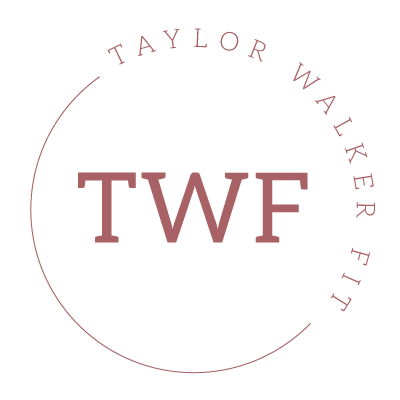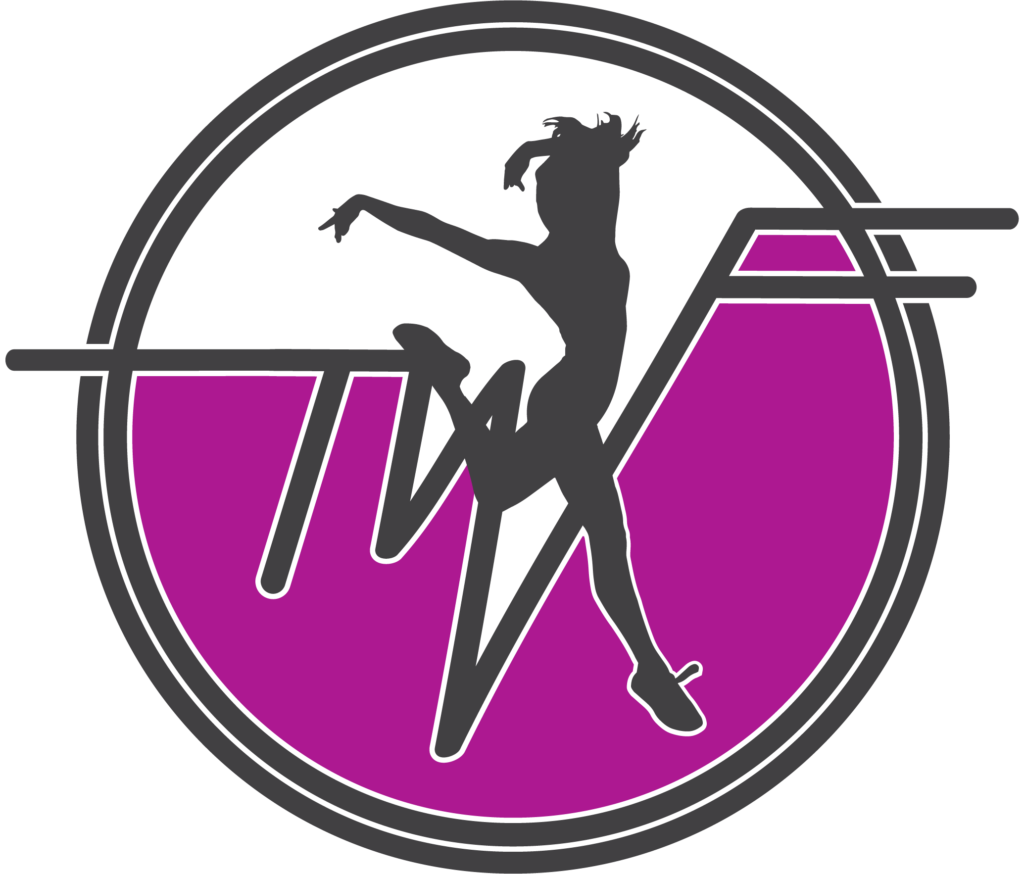
To round out National Breastfeeding Month, I wanted to share some great information on maintaining a nutritious diet and the benefits of breastfeeding! When I first started thinking about conceiving, I also started to think about “The Fourth Trimester”, AKA postpartum life and breastfeeding. Now that I am knees deep in it, I can tell you it is WAY HARDER than I ever thought it would be. LOL Harder may not be the best word, but it is definitely way more tiring than I ever thought it would be. I thought breastfeeding was just a natural instinctual act for all women, but what I found out from my girlfriends is that it can be, but it takes work and if you are unable to feed or your baby is not getting what he or she needs, giving him or her formula after you have exhausted all options is in the BEST interest for all parties involved! Now, with that said, some women may make the choice not to breastfeed, and whatever your choice is, my advice is to roll with it! No two babies and no two women are exactly the same. I was told latching would be hell and my nipples would be ripped to shreds. Thankfully, that has not been the case. I enjoy the bonding time, but of course, I have my days where 12-14 feedings in a 24 hour period leave me exhausted. So, with that said, your experience is individual to you and your baby. So DO YOU! If you do decide breastfeeding is the right choice for you, then read on for a few tips from my friends at Baptist Health South Florida to help you along your journey.
Breastfeeding has many benefits for mom and baby. For example, breast milk helps boost the immune system of infants. In fact, according to this article, “Providing breast milk is like a giving your baby a daily vaccine,” said Maureen Pahl, R.N, a lactation consultant at South Miami Hospital’s Neonatal Intensive Care Unit. “Breast milk actually ignites the premature infant’s immune system. It contains Immunity, live cells and the nutrients that cannot be replicated in formula. It’s species-specific (for humans from humans) and contains bioactive ingredients. Research has also shown that breastfeeding increases maternal bonding and enhances brain growth.” Breast milk is the perfect combination of vitamins, proteins and fat which is everything your baby needs to grow big and strong. It is digested easily and contains antibodies from mom to help ward off viruses, bacteria and decreases your risk for asthma and allergies down the road. Something my husband always equates his allergies to! LOL
For mom, the benefits are great as well! According to the article, Breastfeeding decreases your risk of postpartum depression and osteoporosis, lowers stress and decreases your risk of ovarian cancer while increasing the bond between mom and baby. It also helps to burn off pregnancy weight and although it takes a lot of dedication, there are things you can do to help you on your journey like pumping and healthy lifestyle choices. Just like pregnancy, nutrition plays a very important role and making sure to eat a well-rounded diet of fruits, vegetables, whole grains and lean protein ensures that your baby will be getting all the nutrition he or she needs.
Did you know that you need to consume roughly 2,000-2,500 calories per day for your body to keep up with feedings? I didn’t and I had to increase the number of healthy fats in my diet to meet the demands and I immediately saw a difference in my babies temperament and sleep habits. That should be roughly an additional 500 calories or an extra sandwich or snack during the day. Pregnancy is about an additional 300 calories, so up the intake from there.
Hydration is also just as important during breastfeeding as it is in pregnancy. Try to fit in the recommended eight cups per day at a minimum. Drink if you are thirsty and if your urine is light yellow or clear, you should be hydrated enough for feeding! The article recommends that water should be your beverage of choice, to load up on the protein and make sure you are getting enough calcium! “The recommended increment in protein intake during lactation has been estimated to be about 15 grams/day, based on a milk protein concentration of 11 grams/liter,” according to the U.S. National Library of Medicine Medical Institutes of Health. One egg has about 10 grams of protein; 1 oz of nuts has about 7 grams of protein. As far as calcium goes, your body depletes its calcium stores while breastfeeding and although you do not need to drink milk to make milk, the article recommends, consuming high calcium foods like tofu, sardines, and leafy green spinach.
Of course, there are some foods that are recommended mama’s stay away from, but it is not a one-stop-shop for all. Some foods may bother baby, whereas others may not. So you should continue to eat as normal and be aware and maybe take some notes for when the baby is fussy. It is recommended not to have more than 300 milliliters of caffeine per day and to be aware that certain foods can change the taste of mommies milk and some spicy foods can not only give mom indigestion but the baby as well, which may lead to colic, acid reflux, and diarrhea.
That is about it here from Baptist Health South Florida and National Breastfeeding Month! I hope these articles help to continue on your breastfeeding journey or help you to get started!



